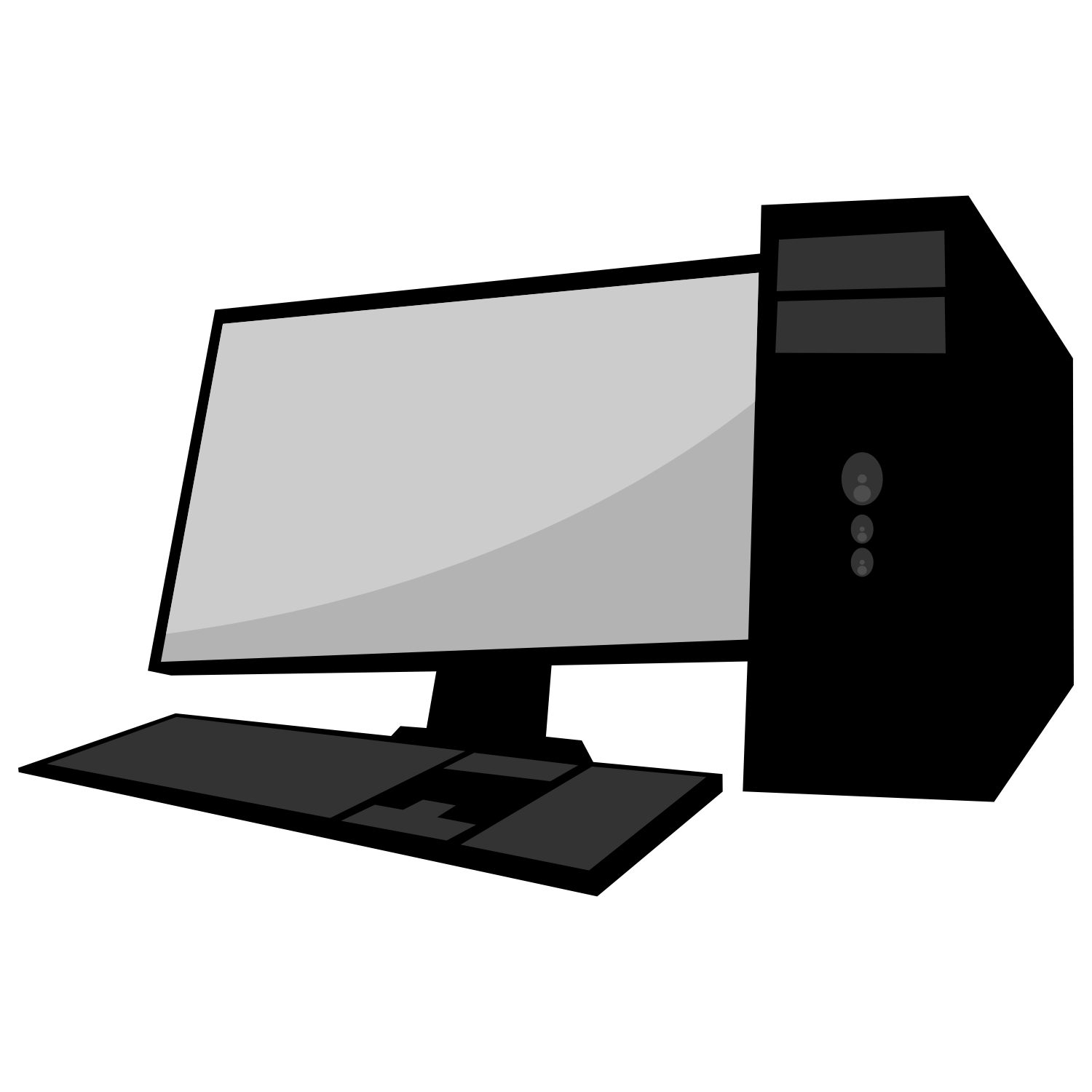The Great Debate: Pros and Cons of Laptops vs PCs - Making the Right Choice for You
Now in this digital age, computers play an indispensable role in our lives. When it comes to choosing the right computing device, the debate between laptops and PCs has been ongoing. In this article we will discuss about the pros and cons of laptops versus PCs, helping you make an choice that best suits your needs.
1. Portability: Mobility vs. Stationary
1.1 Laptops - Computing on the Go
Laptops are designed to offer mobility and convenience. With their compact size and lightweight design, they allow users to work or browse the internet while on the move. You can easily carry a laptop to your workplace,
1.2 PCs - Enhanced Power and Performance
PCs lack portability, they compensate with their ability to handle demanding applications efficiently.
2. Ergonomics: Comfort and Efficiency
2.1 Laptops - Compact and Less Ergonomic
Due to their compact design, laptops have smaller keyboards and screens, which can affect ergonomics negatively. Users may experience discomfort or strain with prolonged use, as the small size may not allow for optimal posture. Additionally, laptops have limited adjustability options for screen angle, potentially causing neck and back strain.
2.2 PCs - Customizable and Ergonomic
In contrast. The larger screens and keyboards facilitate better productivity, reducing the risk of strain-related issues. The customizable nature of PCs allows individuals to tailor their setup according to their specific needs.
3. Performance and Upgradability
3.1 Laptops - Mobile Performance with Limited Upgradability
Laptops, they house components optimized for mobility, considering factors like power consumption and heat dissipation. While laptops can handle day-to-day tasks with ease, their compact size limits upgradability.
3.2 PCs - Greater Performance and Expandability
PCs, being stationary devices, offer superior performance and expandability options. Users have the freedom to choose and upgrade various components as needed.
4. Battery Life and Power Dependency
4.1 Laptops - Portable Power Source
Battery life varies depending on the laptop model and usage patterns.
4.2 PCs - Constant Power Supply
In contrast, PCs are dependent on a constant power supply. This means that they must always be connected to the mains electricity to function. While this restricts mobility, it eliminates concerns regarding battery life and enables uninterrupted usage for extended periods.
5. Price Range and Affordability
5.1 Laptops - Variable Price Points
Laptops come in a wide range. While basic models are relatively affordable, high-end laptops with advanced features can be quite expensive.
5.2 PCs - Affordable Customization
PCs offer greater affordability due to their customizable nature. Users can choose individual components that best fit their requirements and budget constraints. By building your PC or opting for pre-built models, one can strike a balance between price and performance, ensuring you get the most value for your money.
Conclusion
Ultimately, the choice between a laptop and a PC depends on your specific needs, work style, and preferences.
Frequently Asked Questions (FAQs)
Can I upgrade the components of a laptop, or am I limited to what comes with it?
While some laptops allow limited upgradability, most feature non-replaceable components. It's important to check specifications before purchasing.
Do laptops and PCs have different lifespan expectations?
Both laptops and PCs can have a similar lifespan expectancy if properly maintained and not subjected to excessive wear and tear.
Remember to make your choice based on your specific needs and preferences, ensuring that the chosen device aligns with your lifestyle and requirements.


0 Comments
Hey! How can i help you?